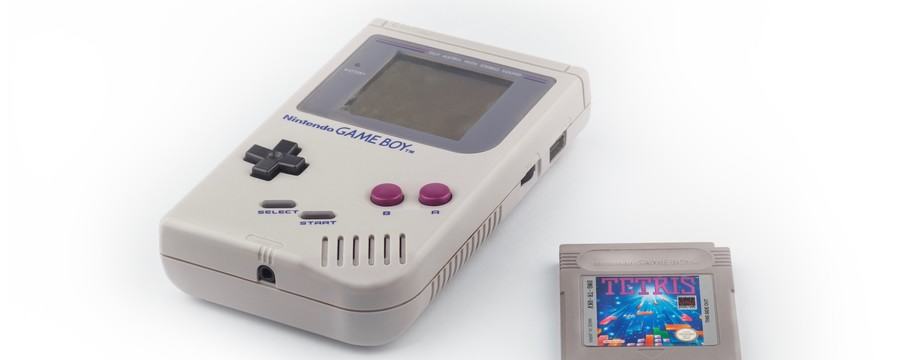Home / Creative Arts & Media / Design / Video Game Design and Development: A Bit-by-Bit History of Video Game Music: Video Game Sound and Music / The Sony PlayStation: The death of video game music?
This article is from the free online
Video Game Design and Development: A Bit-by-Bit History of Video Game Music: Video Game Sound and Music


Reach your personal and professional goals
Unlock access to hundreds of expert online courses and degrees from top universities and educators to gain accredited qualifications and professional CV-building certificates.
Join over 18 million learners to launch, switch or build upon your career, all at your own pace, across a wide range of topic areas.








